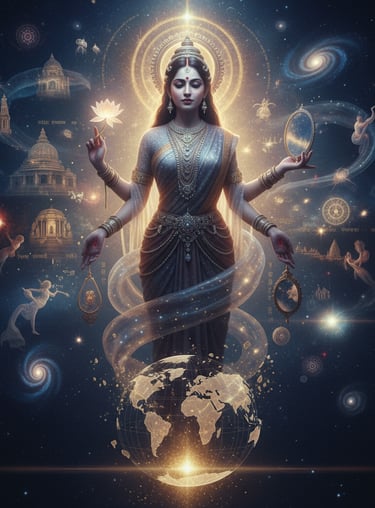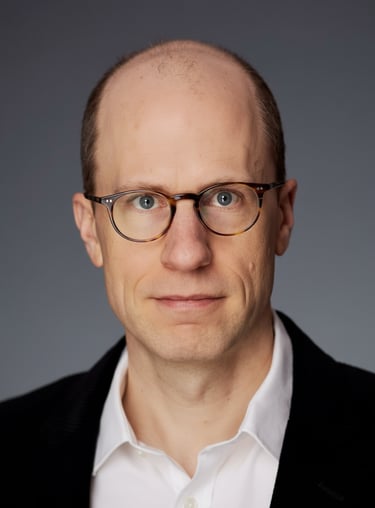

Simulationists of our time
Simulationists of past times
Since the Indian philosophy of Vedanta (around 500 B.C.), there has existed the idea of Maya — the world as an illusion or a veil behind which a deeper reality is hidden. Even back then, people sensed that what we perceive as real is merely an appearance.
Although ancient times lacked the technological understanding we have today, humanity was closer to the source. Truth could be recognized intuitively, without concepts like “virtual,” “pixels,” or “bits.” They spoke of shadows, illusions, or divine reflections — essentially describing the same idea we now call simulation or virtual reality.
Today, we have the ability to create digital worlds ourselves. Thus, the circle closes: what was once only mystically intuited now finds a new language and tangible form through technology and science.
Nick Bostrom
Nick Bostrom is a Swedish philosopher and the director of the Future of Humanity Institute at the University of Oxford. He is known for his work on the future of humanity, artificial intelligence, and existential risks. Bostrom coined the concept of the Simulation Hypothesis, which suggests that it is possible we are living in a simulation created by an advanced civilization. His work inspires profound reflections on the nature of reality and the future of humankind.
Quote:
"If we assume that a posthuman civilization is capable of running many simulations of their ancestors, then it is likely that we are living in one of those simulations."
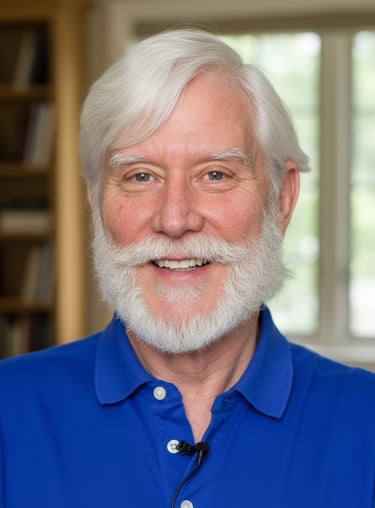

Tom Campbell
Tom Campbell is a former NASA physicist who has spent over 50 years systematically exploring altered states of consciousness. In his work My Big TOE (Theory of Everything), he presents a comprehensive model that describes the physical world as a virtual reality created by consciousness.
He argues that our universe is not material, but rather a simulation generated by a larger consciousness system, designed to develop and refine individual awareness. Campbell’s theory draws on insights from quantum physics, philosophy, and parapsychology, proposing that phenomena such as telepathy and remote viewing can be understood as natural aspects of this virtual reality. He emphasizes that understanding the virtual nature of reality can lead to a deeper comprehension of life’s purpose and personal growth.
Quote:"Look at the world as a virtual reality, and suddenly everything starts to make sense."
— Tom Campbell, My Big TOE
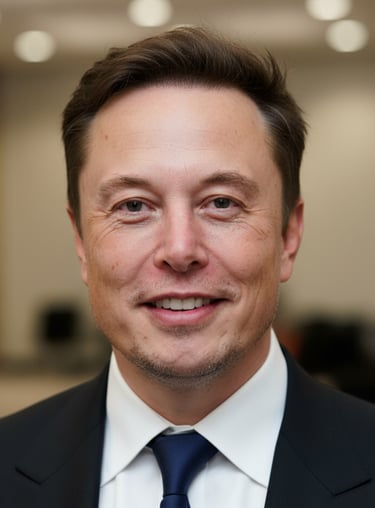

Elon Musk
Elon Musk is an entrepreneur and the CEO of Tesla and SpaceX. He is known for his visionary work in space exploration, renewable energy, and artificial intelligence. Musk is a prominent supporter of the simulation hypothesis. He argues that the rapid advancement of video game technology suggests that future simulations could become so realistic that they would be indistinguishable from the real world. Therefore, he believes it is quite likely that we are already living inside such a simulation.
At the Recode/Code Conference in 2016, Elon Musk stated: “There’s a billion to one chance we’re living in base reality.” In other words, the probability that we are not living in a simulation is about one in a billion.
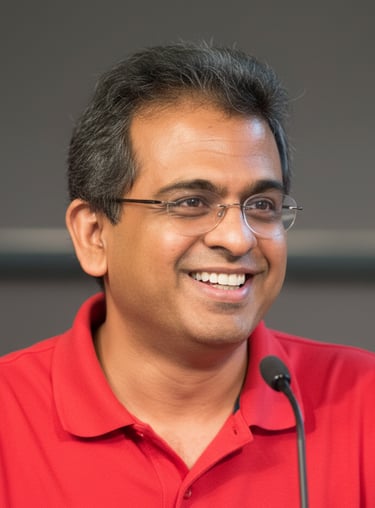

Rizwan Virk
Rizwan Virk is an entrepreneur, investor, and author of the book The Simulation Hypothesis. He explores the possibility that we are living in a simulation, combining insights from quantum physics, computer science, and philosophy. Virk has extensively discussed the simulation theory in his book and public lectures.
Quote:
"There are many physical mysteries that can be better explained by the simulation hypothesis than by materialistic theories."
— Rizwan Virk
